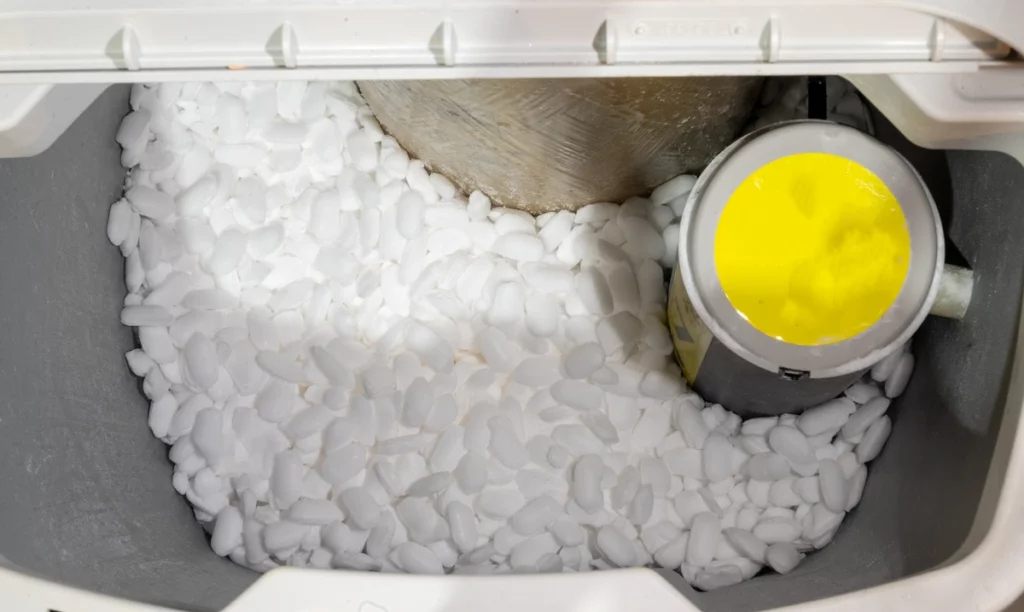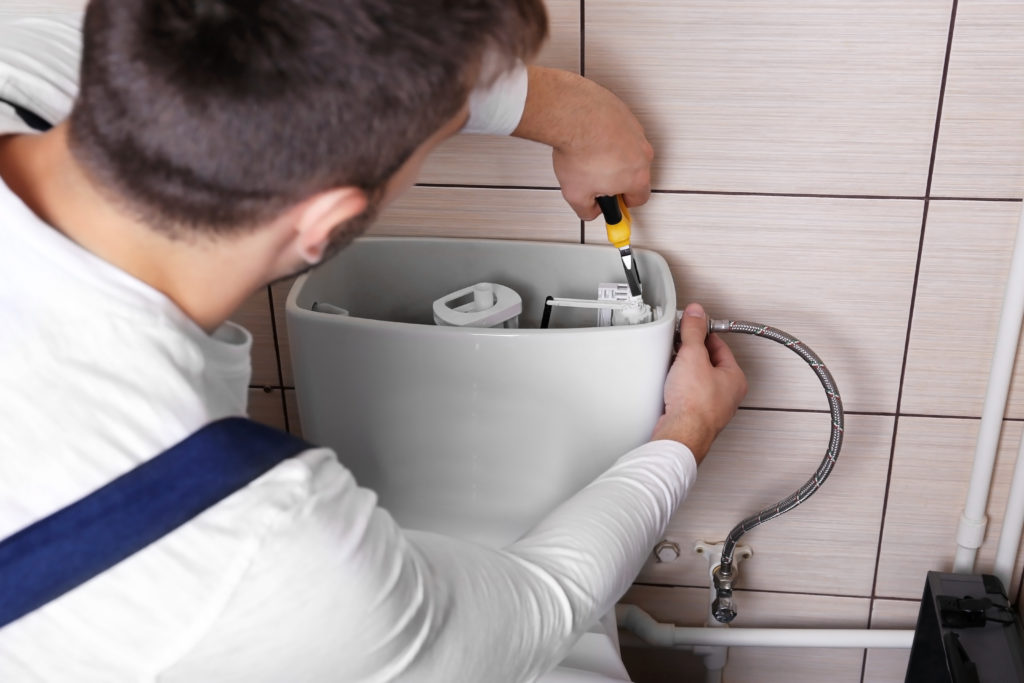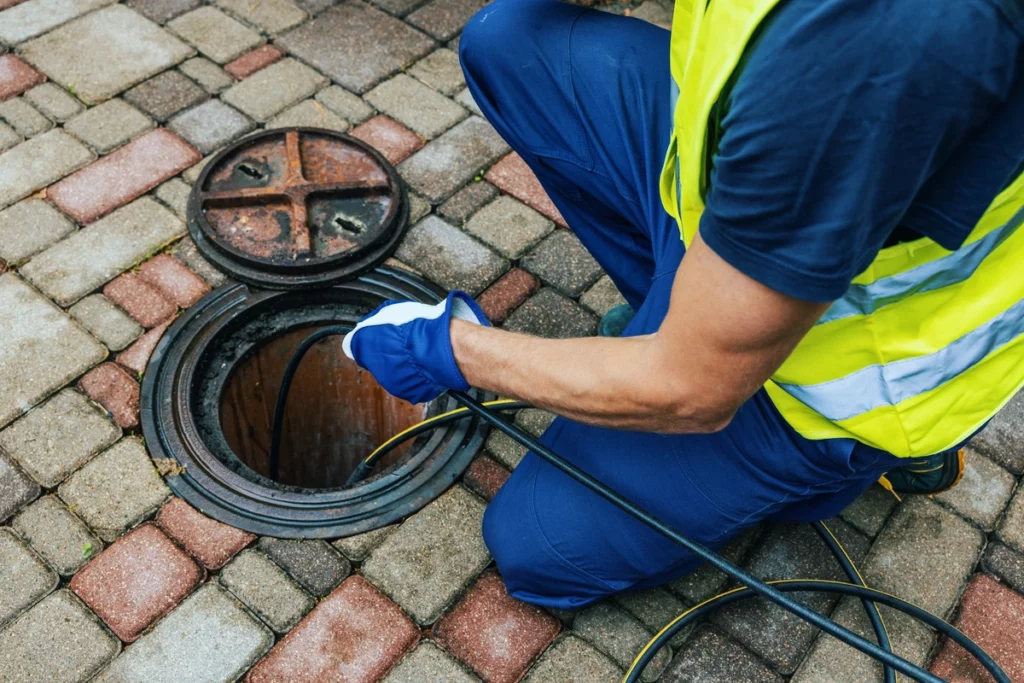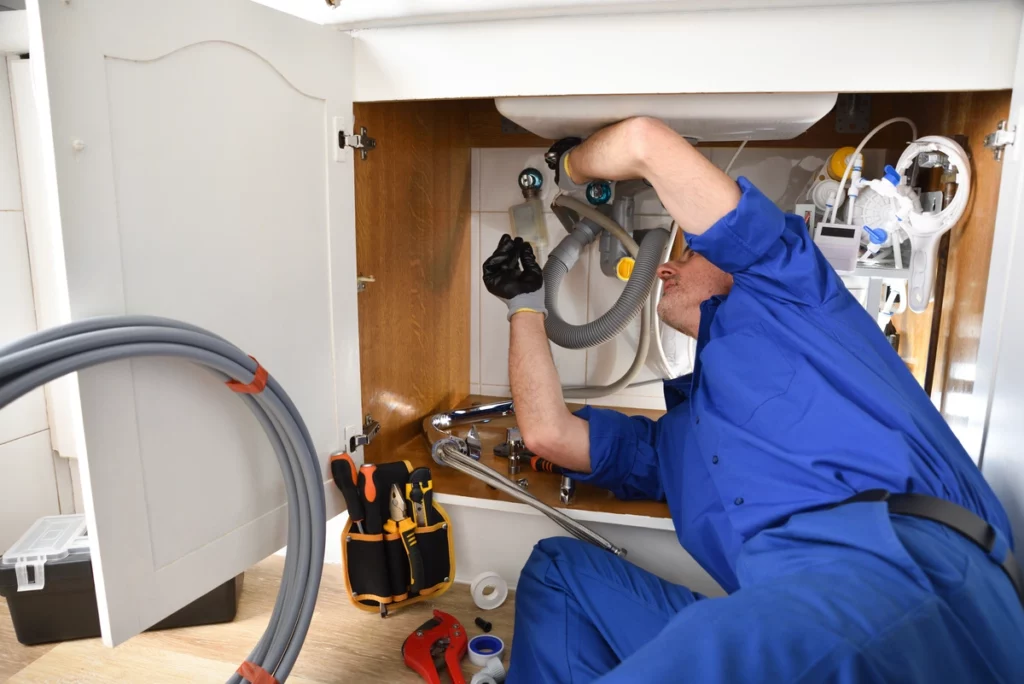If you’ve been battling the effects of hard water in your home, you might be considering a water softener. These magical devices can transform your life by providing you with soft, scale-free water for all your household needs. But here’s the million-dollar question: What size water softener do you need to ensure a constant supply of silky-smooth water? Fear not, dear homeowner, because we’re here to unravel this softening puzzle with some general guidelines that’ll help you make the right choice.
Inside this blog:
- 4 factors that influence the size of water softeners
- A 5-step guide for how to determine which water softener size you need
- Typical water softener sizes
Ready to learn everything you need to know about the sizes of water softeners to figure out which one can benefit your home’s water the most? Start reading!
The Magic of Water Softeners 🪄
Before we jump into sizing, let’s briefly understand how water softeners work their enchanting magic. These devices combat hard water, which is rich in minerals like calcium and magnesium. Hard water can cause a slew of problems, including scale buildup in pipes and appliances, soap scum on dishes and glassware, and decreased soap lathering in showers. Water softeners tackle these issues by employing a process called ion exchange, which swaps the troublesome minerals for sodium or potassium ions, leaving your water soft and scale-free.
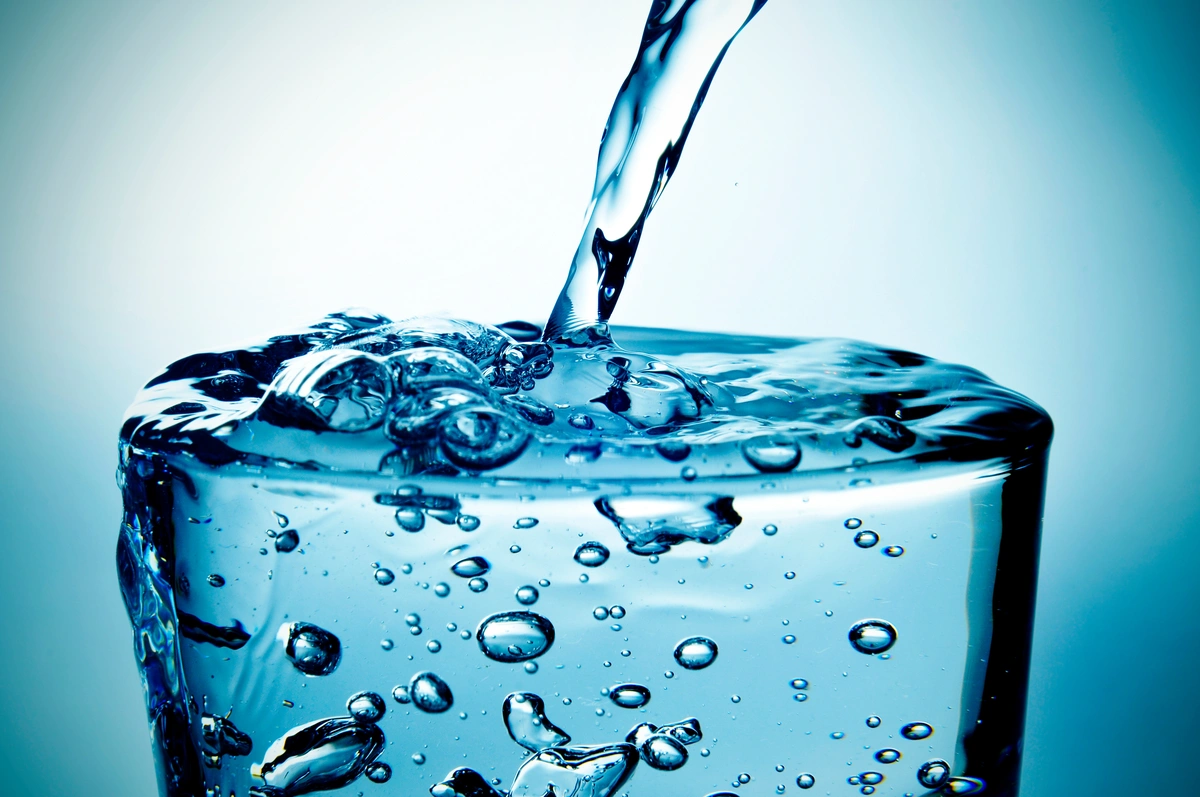
Now, let’s get to the heart of the matter: choosing the right size for your water softener.
4 Factors That Influence Sizing 📏
Several factors come into play when determining the size of water softener that’s right for your home. Here are the key considerations:
1. Water Hardness Level
The hardness of your water supply is a fundamental factor. Hardness is typically measured in grains per gallon (GPG) or milligrams per liter (mg/L). You can get a water hardness test kit or have your water tested by a professional to determine your water’s hardness level. The higher the hardness, the larger the capacity your water softener will need.
2. Water Usage
The number of people in your household and your daily water consumption habits matter. A larger family with high water usage will require a bigger water softener to meet the demand. Consider not only the number of occupants but also factors like the number of bathrooms, daily showers, laundry loads, and dishwasher usage.
3. Flow Rate
Flow rate refers to the amount of water your household uses at a given time, typically measured in gallons per minute (GPM). It’s crucial to select a water softener that can handle your peak water usage. For example, if you have multiple family members showering simultaneously or running multiple appliances, a higher flow rate is necessary.
4. Resin Tank Capacity
Water softeners use resin tanks filled with resin beads for the ion exchange process. The tank’s capacity determines how much hardness the softener can remove before requiring regeneration (the process where the resin beads are cleaned and recharged). Smaller tanks will need to regenerate more frequently, while larger tanks can go longer between regenerations.
Calculating the Right Size 🔢
Now that you’re acquainted with the factors, it’s time to calculate the ideal size of your water softener. Here’s a 5-step guide to help you out:
1. Determine Your Daily Water Usage
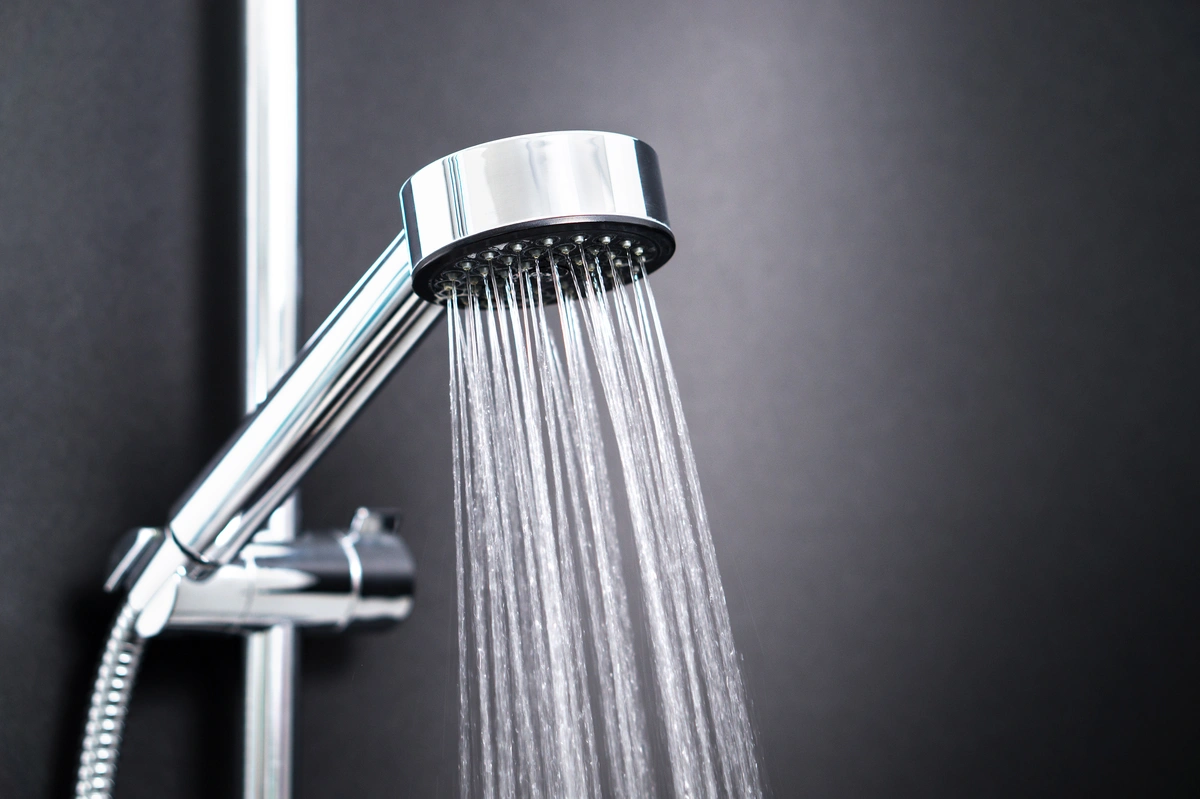
Start by estimating your household’s daily water usage. Consider showers, baths, laundry, dishwashing, and any other water-consuming activities. A general rule of thumb is that each person in your home uses about 80-100 gallons of water per day.
2. Assess Your Water Hardness
Determine the hardness of your water by using a water hardness test kit or having a professional test your water. Note the hardness level in grains per gallon (GPG) or milligrams per liter (mg/L).
3. Calculate Required Grain Capacity
Multiply your daily water usage (in gallons) by the hardness level (in GPG) to determine the daily grain capacity needed. For instance, if your family of four uses 400 gallons per day, and your water hardness is 10 GPG, you’ll need a softener with a daily grain capacity of 4,000 grains (400 x 10).
4. Factor in Regeneration Frequency
Consider how often you want your water softener to regenerate. Some homeowners prefer frequent regeneration for maximum efficiency, while others opt for larger tanks that regenerate less frequently. Divide your required daily grain capacity by the number of days between regenerations. For example, if you prefer regenerating every three days, divide your daily capacity (4,000 grains) by 3 to get 1,333 grains.
5. Select the Right Size
Based on your calculations, you’ll have a better idea of the water softener size you need. It’s advisable to round up to the nearest available tank size to ensure your water softener can handle your household’s demand comfortably.
Common Water Softener Sizes
Water softeners come in various sizes to accommodate different needs. Here are some common sizes you might encounter:
- 32,000-48,000 Grain Capacity: Suitable for small to medium-sized households with 1-4 occupants.
- 48,000-64,000 Grain Capacity: Ideal for medium to large households with 4-6 occupants.
- 64,000-80,000 Grain Capacity: Recommended for larger households with 6 or more occupants.
Choose the Right Size Water Softener for Your Home💧
Choosing the right size water softener for your home is crucial to enjoy the benefits of soft water without any interruptions. By considering factors like water hardness, water usage, flow rate, and resin tank capacity, you can calculate the ideal size that meets your household’s needs. Remember, a well-sized water softener ensures that your dishes sparkle, your laundry feels softer, and your appliances last longer. So, say goodbye to the troubles of hard water, and welcome the comfort and convenience of perfectly softened water into your home.
Contact our plumbing experts at AJ Alberts today and experience top-notch work from reliable plumbers. Let’s make the water in your home safer, cleaner, and tastier!

